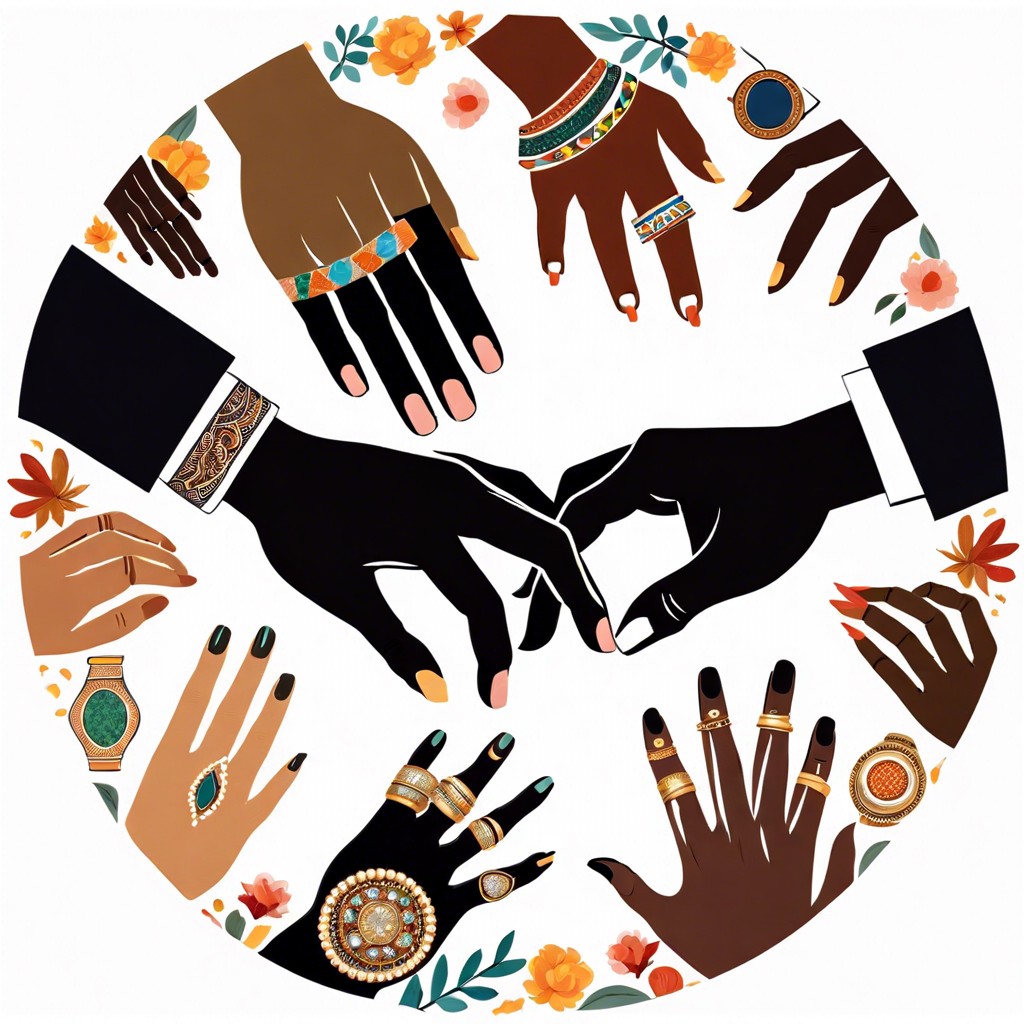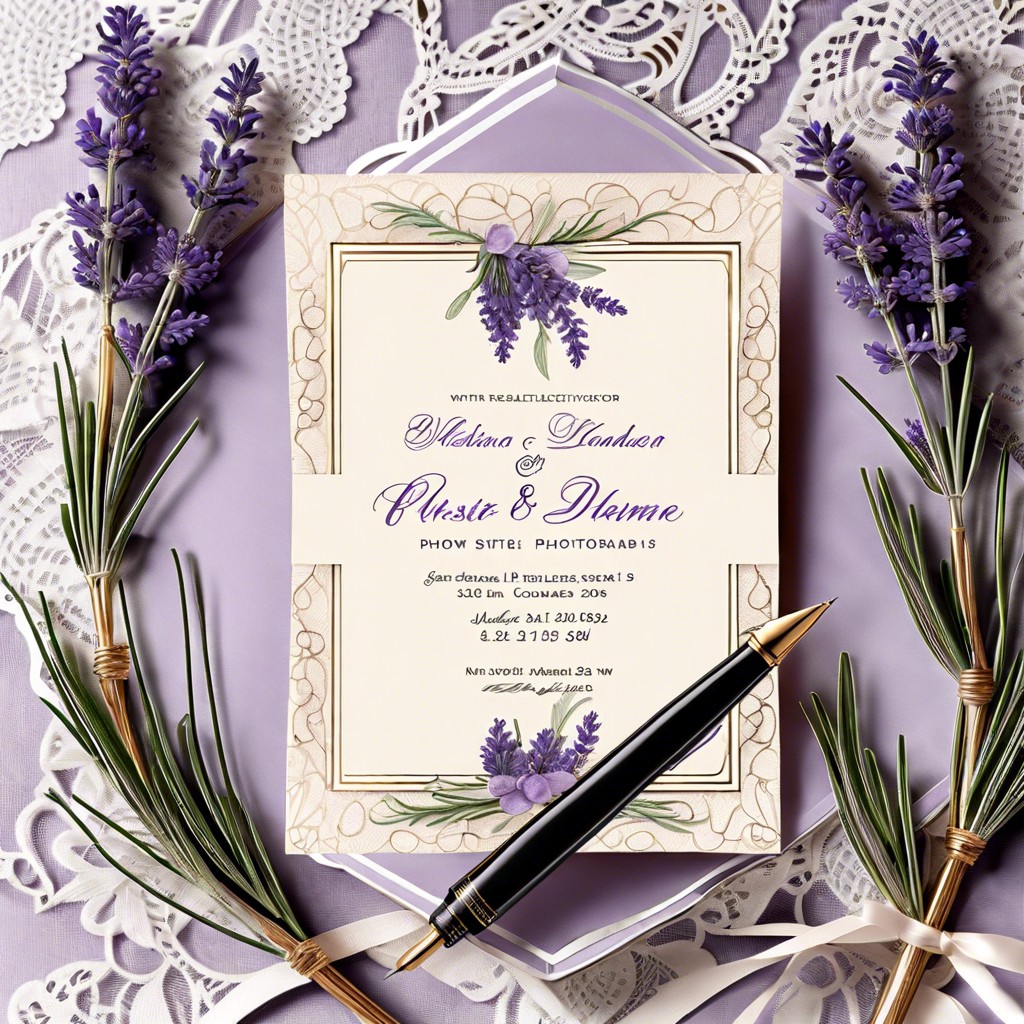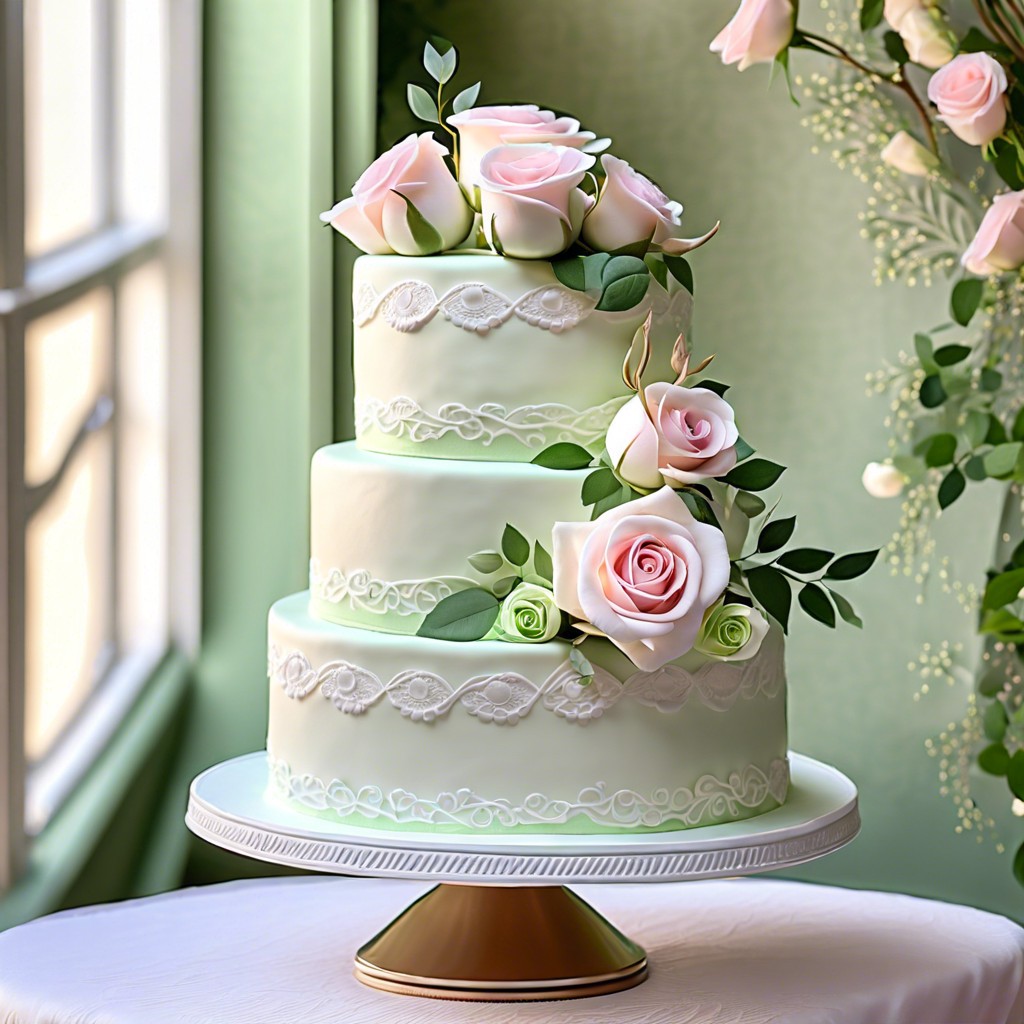This article will guide you through the process of determining an appropriate gift amount to present at a wedding, taking into consideration factors such as your relationship to the couple, the wedding location, and the cultural norms.
Key takeaways:
- Consider travel and accommodation costs when deciding on a gift amount.
- Know when it’s unnecessary to give a gift.
- Only spend what you can afford.
- Consider your relationship to the couple when determining gift spending.
- Cash is a popular and appreciated wedding gift option.
Consider What You’re Spending to Attend

When deciding on a wedding gift amount, factor in travel and accommodation costs if you’re attending a destination wedding or one that’s not local to you. This includes airfare, hotel stays, and any other transportation necessities. If these expenses are significant, it’s perfectly acceptable to give a smaller gift.
Additionally, consider your outfit and any pre-wedding events you may need to spend on, such as a bridal shower or bachelor/bachelorette party. After accounting for these costs, you can adjust your gift budget to ensure it’s proportionate to your overall expenditure for the wedding festivities.
Remember, your presence at the celebration is also a valuable gift to the couple.
Know When You Don’t Need to Give a Gift
Occasions may arise where gifting isn’t necessary. For instance, if the wedding invitation expressly states “no gifts,” respect the couple’s wishes and refrain from bringing one.
Also, in the case of a destination wedding, where guests are spending a significant amount to attend, your presence and the associated travel expenses can be considered your gift.
Additionally, if you’ve been asked to take on a major role in the wedding, like being a bridesmaid or groomsman, the couple might not expect a gift since you’re already investing time and money.
Lastly, if you’ve recently given a gift for a related event, such as an engagement party or bridal shower, it’s generally acceptable to give a smaller gift or no gift at the wedding.
Remember, though, a heartfelt, hand-written card is always a thoughtful touch.
Only Spend What You Can Afford
Aligning your gift budget with your financial reality is key. Factors such as your relationship with the couple, your travel expenses for the wedding, and other associated costs should inform your decision. Here are some points to help guide you:
- Evaluate your budget: Look at your current financial situation before deciding on an amount.
- Remember other expenses: If you’re spending significantly on travel, attire, or accommodations to attend the wedding, it’s acceptable for your gift to be less substantial.
- Group gifts: Consider a collective gift with friends or family to contribute towards a bigger item from the couple’s registry without shouldering the entire cost.
- Handmade or heartfelt alternatives: Sometimes, a thoughtful, handmade present or a heartfelt letter can be just as appreciated as something expensive.
- Practicality over extravagance: Giving within your means will always be more important than stretching your budget for extravagance. The couple would most likely prefer you to be financially comfortable than receiving a lavish gift.
How Much Should I Spend On a Wedding Gift?
When determining your spending on a wedding gift, factor in your relationship to the bride or groom. Close family members and best friends often give more, typically between $100-$200. Acquaintances and coworkers may opt for a range that feels comfortable yet considerate, such as $50-$75.
Take into account the formality and location of the wedding. A black-tie affair might warrant a larger gift, while a casual, local event might not require as much.
Reflect on whether you’ve incurred additional expenses. If attending the wedding means travel and accommodation costs, it’s acceptable to give a less expensive gift.
Remember that your presence at the wedding is also valuable, and the couple’s appreciation for your support does not hinge solely on the price tag of your gift. Ultimately, select an amount that aligns with your budget and your connection to the couple.
Is It Okay to Give Cash As a Wedding Gift?
Absolutely, cash is often a highly appreciated wedding gift. Many couples prefer it as it gives them the flexibility to put it towards their immediate needs or save for future plans. Moreover, it eliminates the guesswork for guests when selecting a present, ensuring that the gift is neither unwanted nor duplicated.
Here are some points on giving cash as a gift:
- Practical for Newlyweds: Cash can help cover wedding expenses or be put towards a honeymoon, home down payment, or other significant expenditures.
- Gift Etiquette: Place the cash inside a card with a heartfelt message, ensuring that it matches the formality of the event and doesn’t get misplaced.
- Cultural Considerations: In some cultures, monetary gifts are traditional and may even have specific customs associated with them, like denominations that symbolize good luck.
- Personalized Presentation: Consider creative ways to present cash, such as money trees, custom cards, or money origami, for a more personal touch.
- Secure Delivery: Given the nature of the gift, opt to hand-deliver or transfer it electronically, if possible, to guarantee the safety of the funds.
FAQ
Is $200 per person a good wedding gift?
While the appropriateness of a $200 wedding gift can vary based on personal factors, it generally falls within the suggested range, making it a considerate choice for most situations.
Is $100 enough for a wedding gift from a couple?
Yes, a $100 wedding gift from a couple is considered sufficient, except in cases where the givers are very close relatives like the bride's mother.
What's the average cash gift for a wedding?
The average cash gift for a wedding typically ranges from $75 for distant relatives or co-workers, up to $150 for closer relatives.
Is $300 too much for a wedding gift?
The amount of a wedding gift, whether $300 or otherwise, largely depends on the closeness of your relationship with the bride and groom.
How much should you gift at a destination wedding?
For a destination wedding, it's generally considered acceptable to spend between $100-$150 on a gift, taking into consideration the additional travel and accommodation expenses.
Should the wedding gift amount correspond to the cost-per-plate of the reception?
No, the wedding gift amount should not correspond to the cost-per-plate of the reception; it should instead reflect your relationship with the couple and your own budget.
Can non-monetary wedding gifts be considered equivalent to cash gifts, and how can their worth be assessed?
Non-monetary wedding gifts can be considered equivalent to cash gifts depending on their practical utility and sentimental value, and can be assessed by researching their market price or estimating the cost of service or experience they offer.



